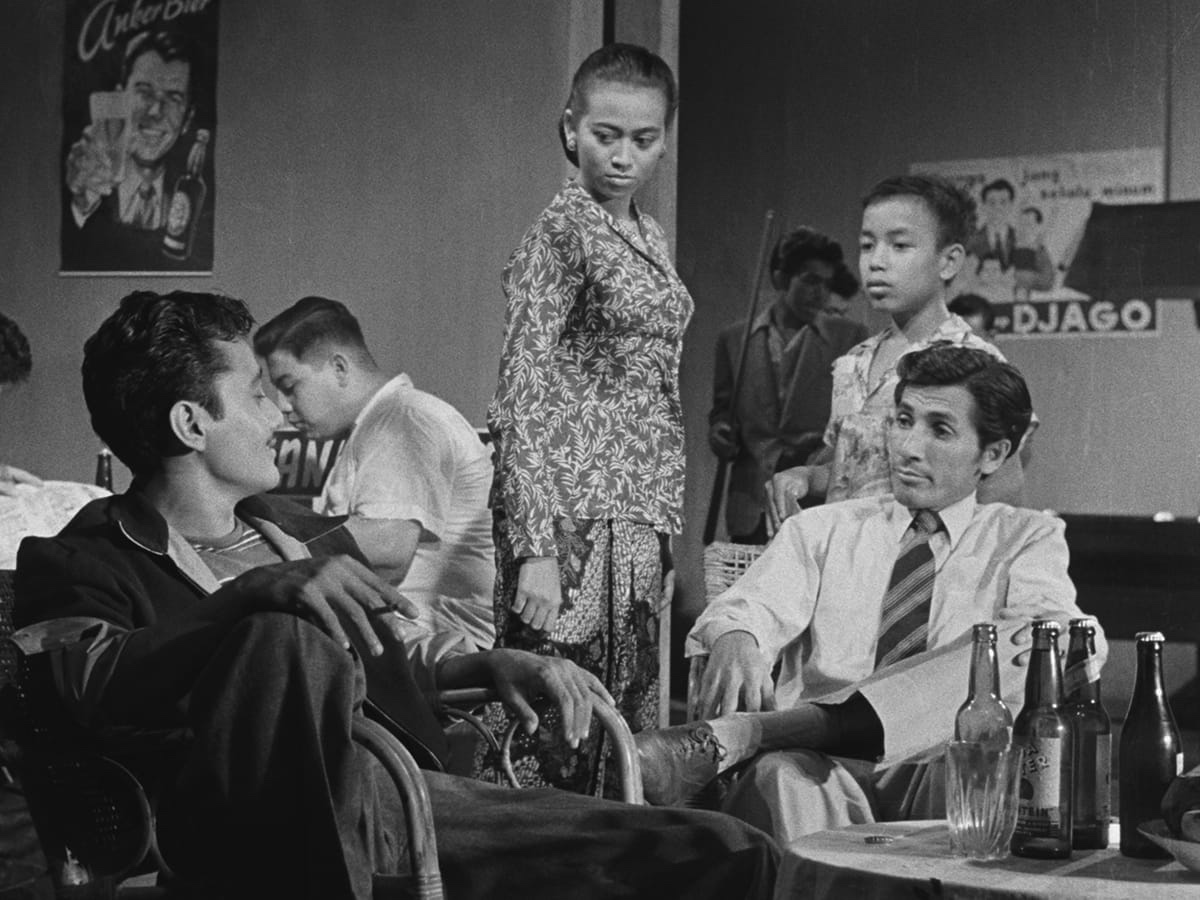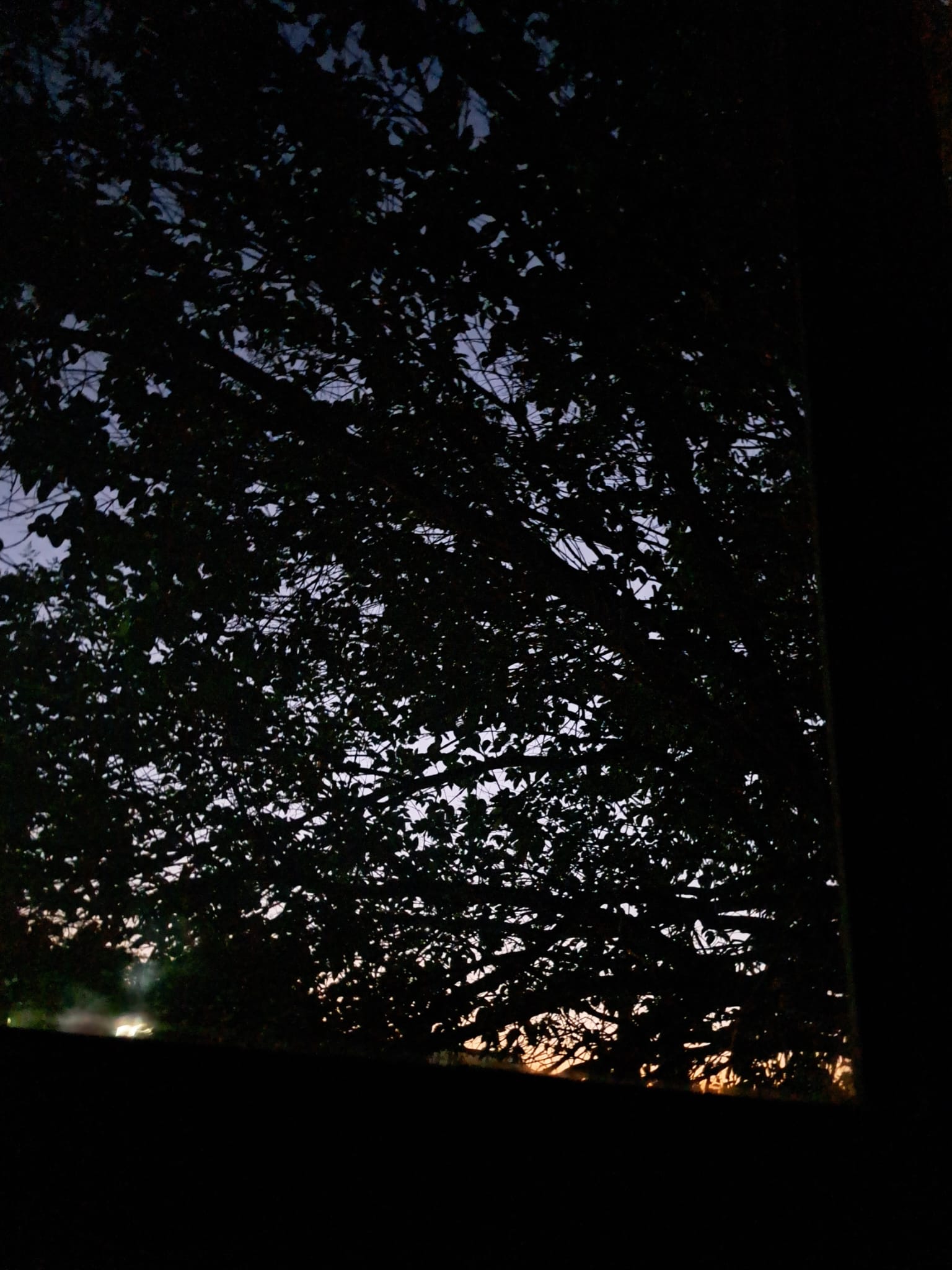[Search Blog Here. Index-tags are found on the bottom of the left column.]
[Central Entry Directory]
[Merleau-Ponty, Entry Directory]
Maurice Merleau-Ponty
Phénoménologie de la perception
Phenomenology of Perception
Part III. Being-for-Itself and Being-in-the-World
Troisième Partie: L'être-pour-soi et l'être-au-monde
Ch. 2. La temporalité
Ch. 2. Temporality
§d
What does the deep time of our lives got to do with us?
Point Relative to Deleuze
So we have just considered a sort of temporal awareness that regards the past and future as being immediately a part of our present consciousness. Merleau-Ponty wonders now if that implies we are not being sensitive to a real past and future that would be truly absent from the present. And also, this sort of temporal awareness would regard the present completely in terms of its relations to the past and future and would thus also deprive us from experiencing a true and pure present? Also, is not the motion implied in this sort of temporal awareness still based on an objective series of nows?
Time as the immanent object of a consciousness is time brought down to one | uniform level, in other words it is no longer time at all. There can be time only if it is not completely deployed, only provided that past, present and future do not all three have their being in the same sense. (1945: 476d / 1958: 481-482)Time as constituted by our mind is like the possible relations of before and after. This is not time as it really is, but more as it is recorded by an awareness as it passes. Because past present and future coexist simultaneously, they are spatialized. Also, it is something like a form or structure of time, and thus is distinct from us and unchanging. So Merleau-Ponty concludes "There must be another true time, in which I learn the nature of flux and transience itself." (477a / 482b)
He admits firstly that if we only attend to past, present, or future each on its own, we are not attending to time itself. Thus time involves a synthesis of them. But such a temporality is always ongoing and thus such a time is never fully given or complete. A completed time might be something like time understood in its eternity, yet for consciousness to be aware of it would require it not be an actual finite consciousness. Merleau-Ponty is looking for a way to become phenomenally aware of time as it makes up our living existence and who we are.
The problem is how to make time explicit as it comes into being and makes | itself evident, time at all times underlying the notion of time, not as an object of our knowledge, but as a dimension of our being. (477bc / 482-283)
Merleau-Ponty, Maurice. Phenomenology of Perception. Transl. Colin Smith. London/New York: Routledge, 1958.










































No comments:
Post a Comment